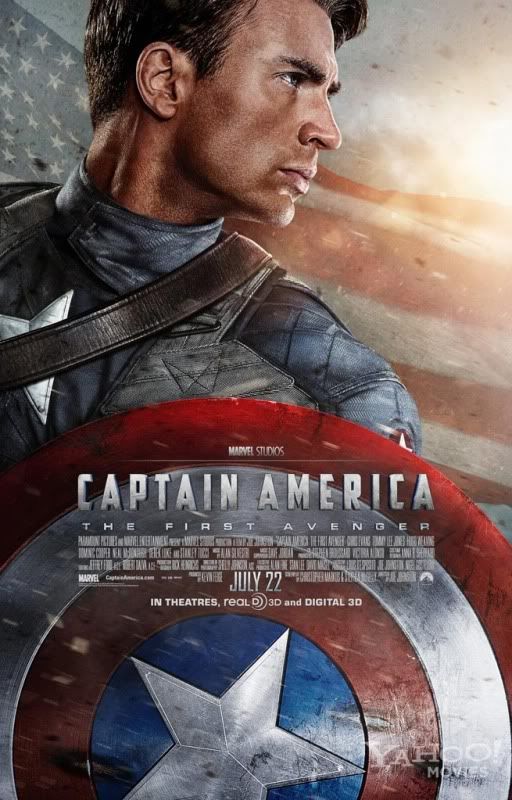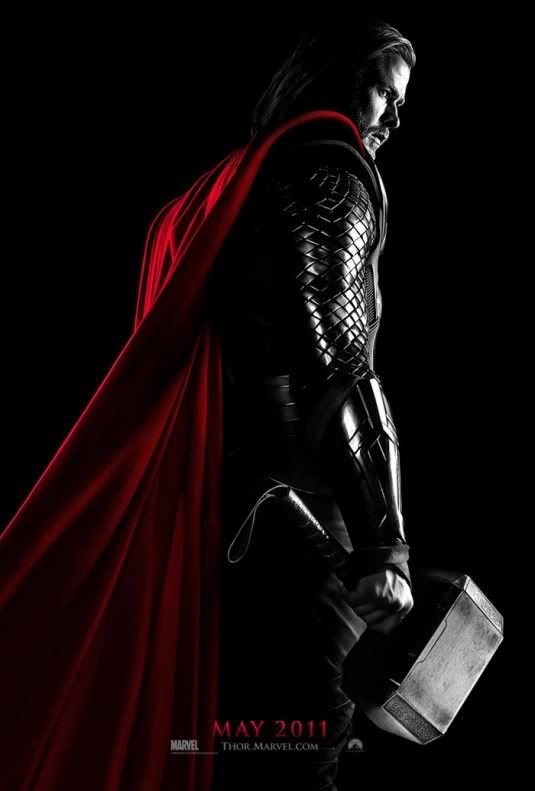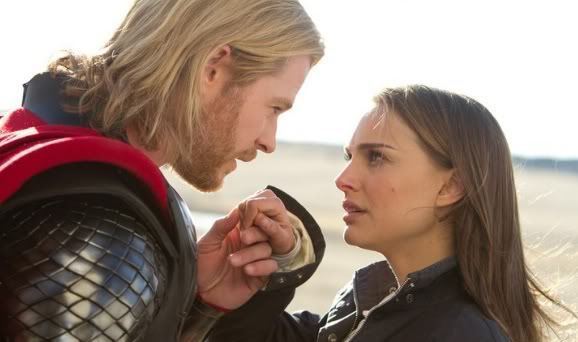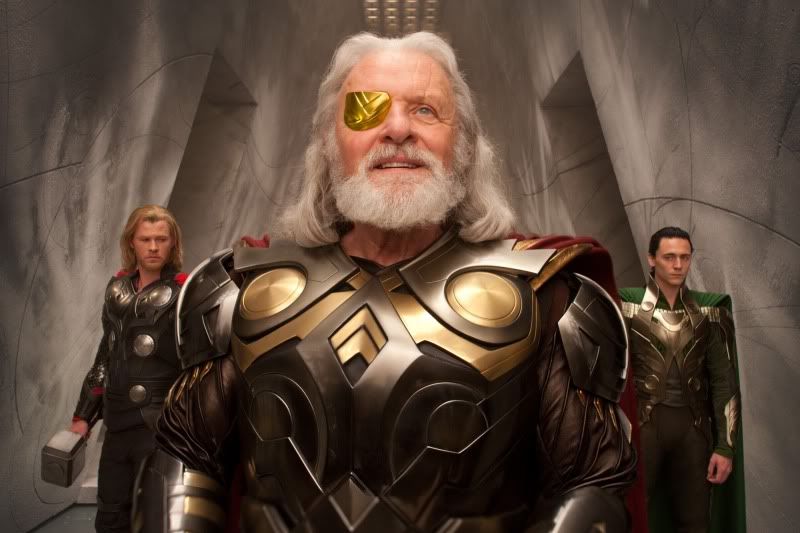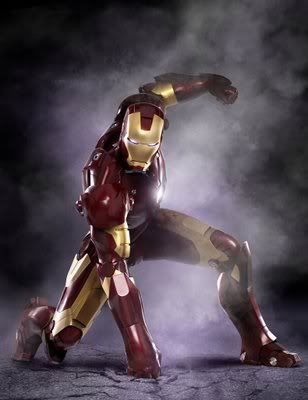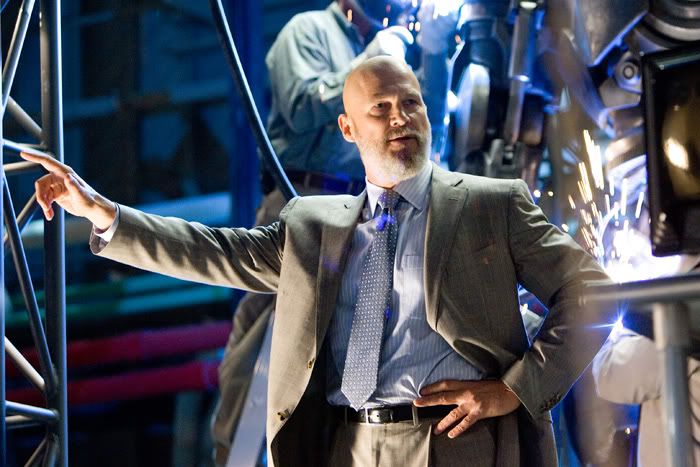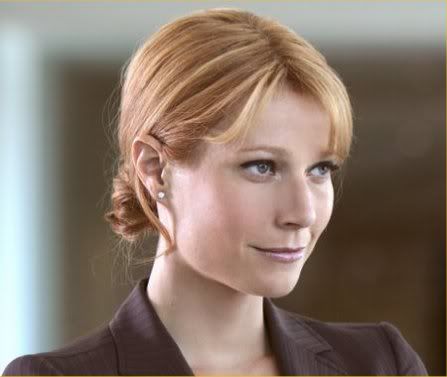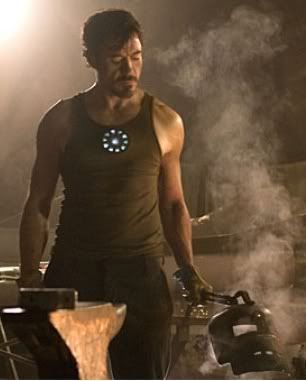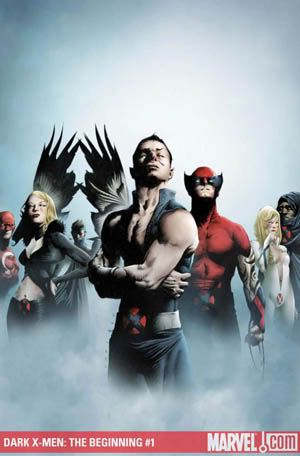Uncanny X-Men was one of the first comic books I read when I was growing up. It introduced me to the colorful world of super-heroic abnormal people fighting to protect a world that hates and fears them. Being a scrawny geeky kid, the appeal was obvious. The first two movie adaptations did an admirable service to the long-running title and its characters, even if it seemed to be somewhat ashamed of the ways in which the characters dressed themselves. Last Stand and X-Men Origins Wolverine are best left unmentioned, especially since one of the feats X-Men First Class pulls off is rendering both of those movies superfluous, if not wiping them out of existence entirely.
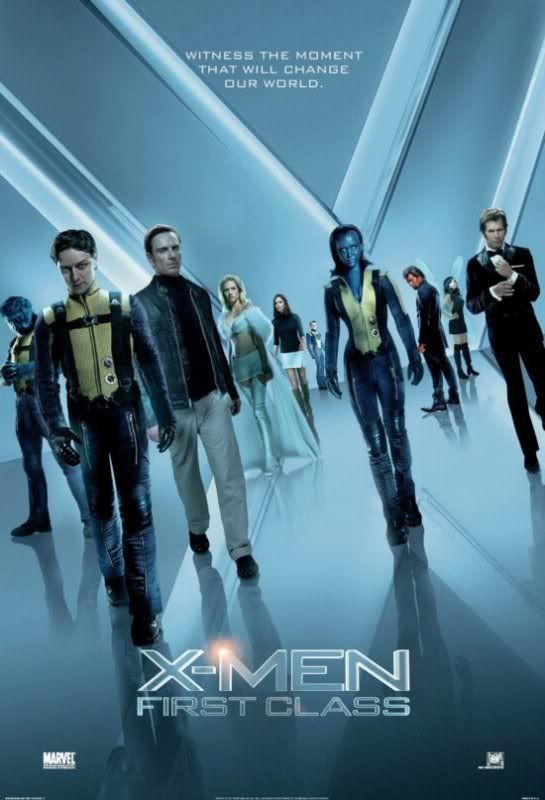
First Class takes us back to the very groovy 1960s where a young Charles Xavier has just received his doctorate from Oxford and Erik Lensherr has begun a private search for the man who destroyed his family. While Charles is a child of privilege, Erik is a Holocaust survivor, but the two men are bound by their nature as mutants. Both of them want mutants to be free from persecution by normal humans, but Charles wishes to do this peacefully while Erik is convinced that human nature, being what it is, will leave mutants no alternative but to fight. They agree, however, that the dangerous mutants in control of the clandestine Hellfire Club must be stopped, and to do this they ally with the United States government to train some of the young mutants who struggle to control their powers. They are the first X-Men.
The first thing that may strike you about First Class is a pair of tonal shifts that really work in the narrative’s favor. Moving away from the dark visuals of the first two movies towards a more bright, diverse pallate helps capture the atmosphere of an earlier time, and harkens more honestly to the comic book roots of the material, as well as evoking memories of the Connery-era James Bond. At the same time, the story has grown more dark and mature. I won’t go into details because I don’t want to spoil any major turning points, but believe me when I say that the composition of this story has less to do with Saturday morning cartoons and more with classic tragedies crafted by the Greeks and Shakespeare.
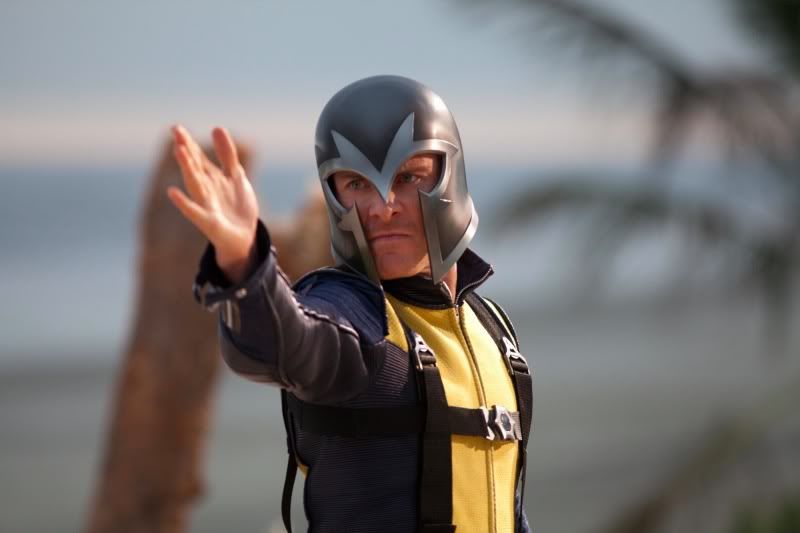
As it turns out, we DO prefer yellow spandex.
This isn’t to say that the writing in First Class even approaches that calibre. This is still a comic book movie and it’s not going to win any Oscars based on that premise alone. However, what the film gets right is something the unmentionable sequels got wrong. X-Men and X2 were similar to First Class in that their focus was more on characters than on spectacle. Granted, they spent a lot of their time on Wolverine, but that’s to be expected when you get a man like Hugh Jackman who completely inhabits a beloved character. It almost went unnoticed that Patrick Stewart did a very similar service to Professor X and Ian McKellan to Magneto. Watching the first two films now, you can see that these two veterans were hinting at a deep, rough and complicated friendship that stretched back for years, and now James McEvoy and Michael Fassbender bring the details of that friendship’s origin to life.
Prequels are often met with trepidation and suspicion, and rightly so. George Lucas proved beyond a shadow of a doubt that it’s very easy to screw up an established universe by trying to expand on what has come before. Bryan Singer and Matthew Vaughn, however, wisely keep to the essence of the characters and the bits of information scattered throughout the movie and comic storylines to tell the story of Charles and Erik in a way that’s less bombastic special effects reel and more subtle romance. More than anything, it captures the deep respect and admiration they have for one another and underscores the tragedy of the events that drive the emotional and philosophical chasm between them.
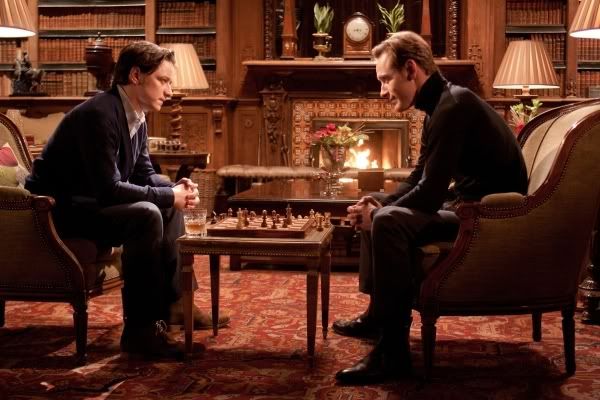
One of the best scenes in this film, and there’s zero action.
The downside to this powerful writing and these top-notch performances is that most of the rest of the events and players get overshadowed. Of the rest of the mutant cast, Jennifer Lawrence as a young Mystique and Nicholas Hoult as Beast are the only standouts while January Jones seems to have been told Emma Frost’s mutant powers are looking drool-worthy and a complete lack of ability to emote. The film also falls victim to some unfortunate tropes and is very concerned about driving home its civil rights message with lines like “Mutant and Proud!” and “They didn’t ask so I didn’t tell.” Now it might be the case that some anvils need to be dropped to make a point that might have been lost in the noise of those despicable sequels, but in contrast to the chemistry between the two leads it ends up feeling either unnecessary or just lazy. Tight storytelling does not belabor points like this. But it could be I’m just picking nits.
There’s more than enough good material, in spite of the shortcomings in story and some less dimensional characters, to make X-Men First Class worth recommending. It’s more than competent storytelling and while the characters take precedence over spectacle, I’m sure jaws will drop more than once over the course of the movie. It belongs on the same level as other recent Marvel movies such as Iron Man and Thor, the performances and chemistry of the leads comes close to that of the lead actors in The Dark Knight. It says a lot when a scene of two men in easychairs talking by a fireplace is every bit as electrifying as any of the action scenes in your movie. X-Men First Class is the X-Men movie fans have been waiting for every since the first sequel, and even if you’re not a fan, I think you’d enjoy it. Check it out and I doubt you’ll be disappointed. And yes, I know the comic book outfits looked silly, but First Class gives us a great compromise in the uniforms of the X-Men. It was really awesome, for me, to see an X-Men movie that looked like a damn X-Men movie and not some weird spin-off of Blade or the Matrix. Mutants are their own people, and they should be proud of that, even if it means wearing yellow and blue kevlar pressure suits instead of trendier black leather.
Mutant and proud? Crap, now I’M doing it.

